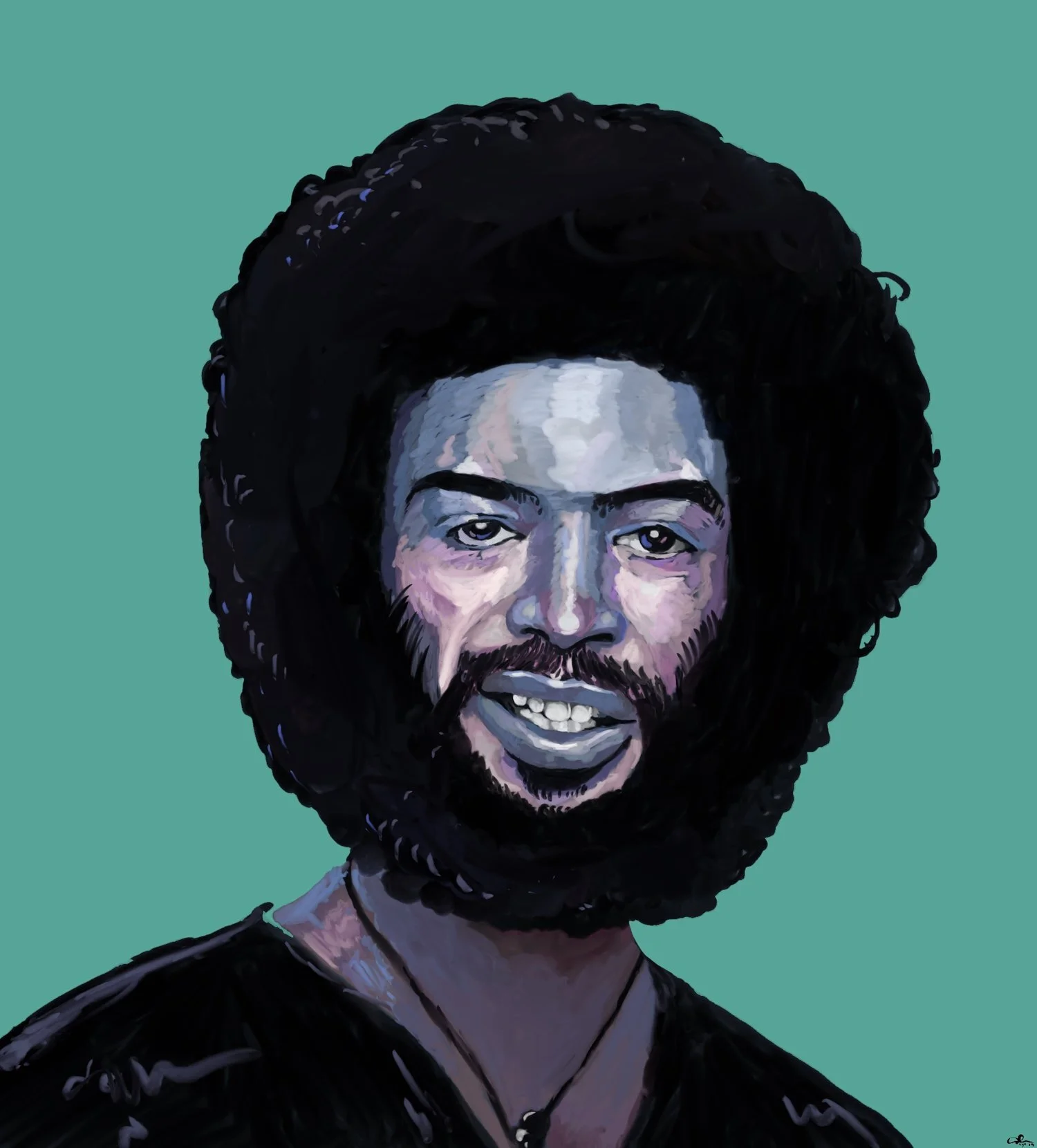The Chicken is First
Illustration by Ayo Arogunmati
A question for you – what came first, the chicken or the egg?
I recall the first time I came across this riddle and like many others before me, I was uncertain about the answer – of course, the egg came first, I said. Immediately after - No, it has to be the chicken, otherwise, there can be no egg. This question is simple, yet difficult to answer.
Humans have evolved over thousands of years. Overtime, we have developed many traits with some dying off and some continuing to live. Today, we see the manifestation of these traits that have adapted, mutated and survived the obstacles in its environment. Take for example, the combination of two people forming a new child. Often times, we struggle to identify which of the parents have contributed more to the physical and behavioral patterns that we observe in the child. We argue among each other in jest, but we understand that the formation of the child is overtime, so we wait, a few more months and pay attention to evolution of the baby, and then we come to a conclusion. At this time, we may actually conclude that it is the grandmother or the grandfather, or just an uncle. This is exactly how culture works. Culture is not a linear evolution. It is a combination of different traits overtime with some more recent and others that have adapted, mutated and survived over the years.
Kendrick Lamar, a well-known rapper, who has alluded to his adoration of Tupac Shakur in his music has a song titled Mortal Man. As the song concludes, the listener is transitioned to an interview with Tupac, in which Kendrick asks him a series of questions about his music and the black identity. Beyond just two artists engaging each other in conversation and the importance of this conversation, the evolutionary linearity happens. Tupac, and the message in his music resonates in a manner, whereby Kendrick is the reincarnation of Tupac with regards to music that leans closely to black liberation. Tupac, in a 1994 interview with MTV, said he will spark the mind that changes the world. Upon the release of To Pimp a Butterfly by Kendrick Lamar, fans alluded back to the speech by Tupac, maintaining the idea of evolutionary linearity.
Gil Scott-Heron, born April 1, 1949, was an American soul and jazz poet, known for his spoken word performances in the 1970’s and 1980’s. His music touched upon many of the social and political issues of the period. The issues he described vividly in his poetry are very much related to the issues described by Kendrick Lamar on his album, including the words that was shared by Tupac before he passed. Gil Scott-Heron, has a song titled No Knock. The song describes policies by the armed state to forcefully enter people’s homes without warning. Last year, Childish Gambino released a song called This is America. The song won both Song and Record of the Year at the 2019 Grammys. The award was presented to Childish Gambino almost 50 years after Gil Scott-Heron made his mark in the music business, getting credited as the first rapper/MC, who did his poetry in a rap cadence over beats. The song This is America, is not the same as No Knock, but there are relationships or traits that are identifiable in the more recent song that likely survived the period when Gil Scott-Heron performed his work. Similar to the chicken or the egg question, we can accept that Gil Scott-Heron was the chicken of all the rappers and MC’s mentioned. He made poetry over jazz instrumentals, rapping over jazz and soul instrumentals, similar to what rappers do today, however, we do not see these connection in a linear form of evolution and it should not be seen in such way.
If the evolution of culture, music, or humans is not linear, then we can accept that chicken itself evolved from two or more pairings that their traits survived to create what we now deem the chicken. It follows from this logic that the egg must be combination of traits from the chicken and other pairings over time. This, I believe, is how culture evolves. The sound of Afrobeats by Fela in the 1970’s to 1980’s is very different from the Afrobeats that is now dominant in 2019. However, we cannot argue that some of traits of Fela’s music and lifestyle have not mutated and adapted to the current Afrobeats landscape. We can feel the woodwind instruments laced with drums, see the fashion and move with the dances that have survived. As the debate on music, technology, media, and culture continues, rather than contrasting the new with the old, the better question is what traits have survived in the past that are being carried forward by this new act, or medium of communication.


